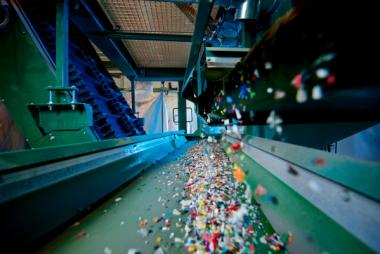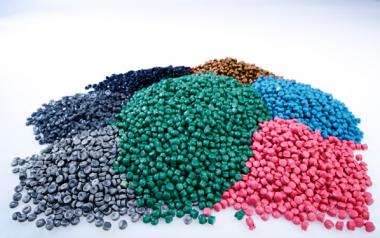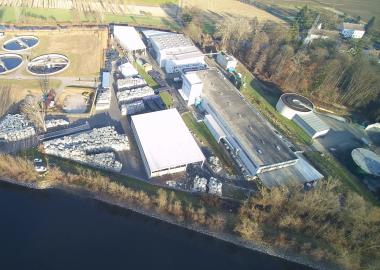Borealis and TOMRA open plant for post-consumer plastic waste sorting and mechanical recycling
- Demo plant sorts post-consumer plastic waste and will produce ready-for-market fully formulated polymer pellets
- Brand owners and converters will be able to access material for qualification and market validation in early 2021
- EverMinds™ in action: Pioneering collaboration brings together expertise vital to advancing the circular economy
Borealis and TOMRA have today announced the operational start of their advanced mechanical recycling demo plant in Lahnstein, Germany, the result of a partnership that marries chemistry with technology for unsurpassed results.
The state-of-the-art plant processes both rigid and flexible plastic waste from households. And unlike many current recycling plants, it will produce the advanced solutions necessary for use in high-demanding plastic applications in various industries, including automotive and consumer products. With high purity, low odour, high product consistency and light colour fractions, these Borcycle™ M grade recycled polymers will meet customer quality requirements across the value chain.
The purpose of this demo plant is to generate material for brand owners and converters to qualify, validate and prove fit for use in their highly demanding applications. Technical success will set the groundwork for a commercial-scale advanced recycling plant.
“This plant is just the beginning of what’s possible when key players in the value chain come together to make a truly significant impact in the market,” says Volker Rehrmann, Executive Vice President and Head of Circular Economy at TOMRA. “Having just launched the new Circular Economy Division, it is clear what a large role waste management and pivotal projects like this have on moving towards a sustainable future. We are proud to have initiated one of the most advanced mechanical recycling plants when it comes to post-consumer polymer waste. This will become an important enabler as we accelerate the transformation to a circular economy in the years to come, and we are excited to be a part of this pioneering project.”
Operation of the plant is a joint enterprise between Borealis, TOMRA and Zimmerman. Borealis is responsible for the plant’s commercial success and contributes its expertise and knowledge in innovation, recycling and compounding. Likewise, TOMRA contributes as a provider of technology-led solutions and brings its proven expertise, established process and market knowledge, which, in turn, enable the circular economy through advanced collection and sorting systems. Zimmerman is a waste management company with experience in sorting multiple types of waste, including plastics, and is responsible for successful plant operations and product quality.
“At P&G we are making packaging with the ‘next life’ in mind to help drive a more robust circular economy. We must increase the supply of high quality recycled plastic to enable the industry to deliver on this vision,” says Gian De Belder, Procter & Gamble (P&G) Technical Director, R&D Packaging Sustainability. “The innovative new approach that Borealis is taking shows potential to step-change both the quantity and quality of PCR available for our brands, and help us to achieve our 2030 goal to reduce our use of virgin plastic in packaging by 50%, or 300 kilotonnes annually. Early tests of the material looks very promising!”
ikp









